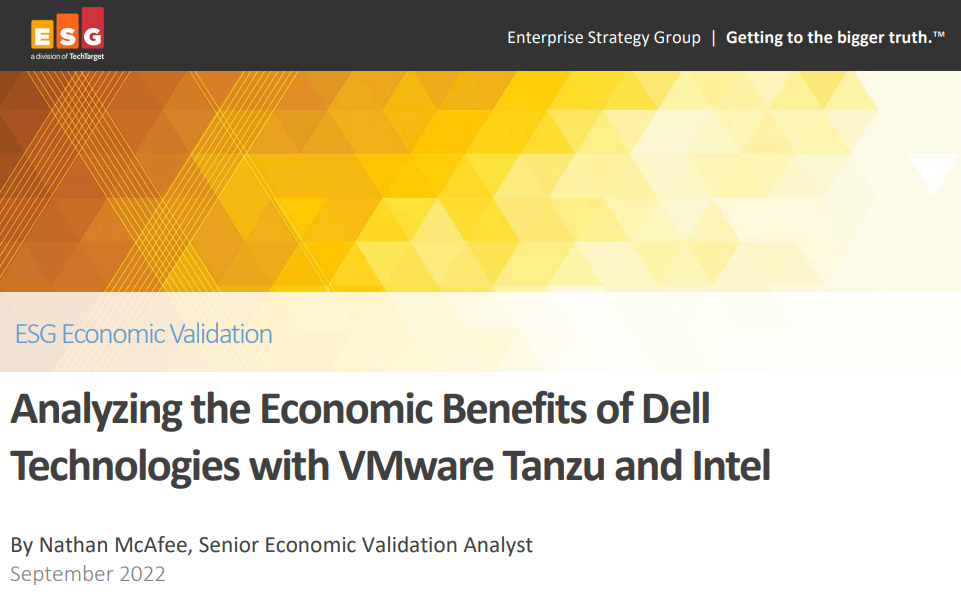Report savages NHS Wales for fixating on legacy IT and snubbing the benefits of cloud
AMs claim “it’s time for a reboot” as they blast an IT setup that saw an outage every nine days


Politicians are "deeply concerned" about the slow pace of digital transformation in the Welsh NHS, with IT bosses engaging in a culture of denial and self-censorship, according to a new report.
A lack of openness and transparency underlines a series of structural failings and the slow rollout of digital innovations such as an electronic patient records platform, according to the Welsh Assembly's Public Accounts Committee (PAC).
In a 23-page report scrutinising the "informatics systems" in NHS Wales, assembly members (AMs) highlighted concerns over the capacity to digitally improve systems, as well as shortcomings in leadership.
The NHS Wales Informatics Service (NWIS), the equivalent of NHS Digital in England, came under particularly heavy fire for focusing on running outdated IT systems, while just 10% of its activities were geared towards innovation.
"The fact that NHS Wales still refers to its digital programme as "Informatics" is emblematic of how dated its approach is," the report said.
"Our inquiry has raised serious question marks about the competence, capability and capacity across the health system to deliver a digital transformation in Welsh healthcare.
"And yet we discovered a culture of self-censorship and denial amongst those charged with taking the agenda forward in NWIS, itself as well as its partners in the health boards and the Welsh Government."
Get the ITPro daily newsletter
Sign up today and you will receive a free copy of our Future Focus 2025 report - the leading guidance on AI, cybersecurity and other IT challenges as per 700+ senior executives
The PAC also heard little by way of an understanding, both conceptually or technologically, of the benefits of using cloud services as opposed to legacy servers from IT bosses.
The report said there does not appear to be "any grasp of opportunities presented by the Cloud," and lamented that NWIS oversaw 21 outages during the first six months of 2018, on average one every nine days.
Because of an obfuscatory culture within the organisation, the AMs said it was unable to grasp the true scale of issues plaguing the Welsh NHS, and that a cultural problem "may be masking wider and deeper problems which we did not uncover".
Many witnesses interviewed, moreover, were reluctant to be critical of the health service's record on delivering innovation, with concerns that pre-prepared lines were being distributed to those who gave evidence.
In its response, the Welsh NHS Confederation agreed "there needs to be dramatic improvement" across the organisation's IT infrastructure, and pointed the finger at inadequate governance, as well as a lack of funding.
"The report makes uncomfortable reading," the NHS membership body said, "but reflects the frustration that exists across the NHS over delays in delivering an electronic patient record as well as concerns about the resilience of core systems.
"We are pleased the Welsh Government's long-term plan for health and social care commits to a fully integrated national digital architecture, supported by significant investment, stronger national digital leadership and strengthened delivery arrangements.
"It should come as no surprise that the NHS in Wales and NWIS have been struggling to provide the quality of service and the pace of innovation required when the governance and funding has not been in place to enable that to happen."
The PAC listed several recommendations, including a review of senior leadership within the NWIS and NHS Digital, as well as six monthly updates from the Welsh Government on progress made on digital recommendations set out in a previous report.
Moreover, the committee demanded that any further funding for NWIS is tied with fundamental structural reorganisation "given that so many NWIS projects are either behind schedule, or operating to revised schedules".

Keumars Afifi-Sabet is a writer and editor that specialises in public sector, cyber security, and cloud computing. He first joined ITPro as a staff writer in April 2018 and eventually became its Features Editor. Although a regular contributor to other tech sites in the past, these days you will find Keumars on LiveScience, where he runs its Technology section.
-
 Cleo attack victim list grows as Hertz confirms customer data stolen
Cleo attack victim list grows as Hertz confirms customer data stolenNews Hertz has confirmed it suffered a data breach as a result of the Cleo zero-day vulnerability in late 2024, with the car rental giant warning that customer data was stolen.
By Ross Kelly
-
 Lateral moves in tech: Why leaders should support employee mobility
Lateral moves in tech: Why leaders should support employee mobilityIn-depth Encouraging staff to switch roles can have long-term benefits for skills in the tech sector
By Keri Allan
-
 Better together
Better togetherWhitepaper Achieve more with Windows 11 and Surface
By ITPro
-
 Transforming the enterprise
Transforming the enterpriseWhitepaper With Intel and CDW
By ITPro
-
 The top trends in money remittance
The top trends in money remittanceWhitepaper Tackling the key issues shaping the money remittance industry
By ITPro
-
 How Kantar revamped its IT infrastructure after being sold off
How Kantar revamped its IT infrastructure after being sold offCase Study Being acquired by a private equity firm meant Kantar couldn’t rely on its parent company’s infrastructure, and was forced to confront its technical shortcomings
By Rene Millman
-
 Deutsche Bank wraps up Postbank IT integration after bug-laden migrations
Deutsche Bank wraps up Postbank IT integration after bug-laden migrationsNews The IT merger is expected to generate annual savings of €300 million by 2025
By Daniel Todd
-
 Analyzing the economic benefits of Dell Technologies with VMware Tanzu & Intel
Analyzing the economic benefits of Dell Technologies with VMware Tanzu & IntelWhitepaper ESG economic validation
By ITPro
-
 Defra needs £726 million to modernize pervasive legacy IT issues
Defra needs £726 million to modernize pervasive legacy IT issuesNews A significant portion of IT systems are reportedly still in extended support or are fully unsupported
By Ross Kelly
-
 Former TSB CIO fined £81,000 for botched IT migration
Former TSB CIO fined £81,000 for botched IT migrationNews It’s the first penalty imposed on an individual involved in the infamous migration project
By Ross Kelly